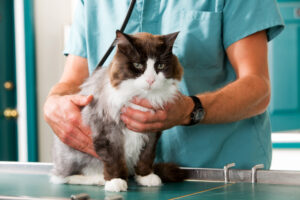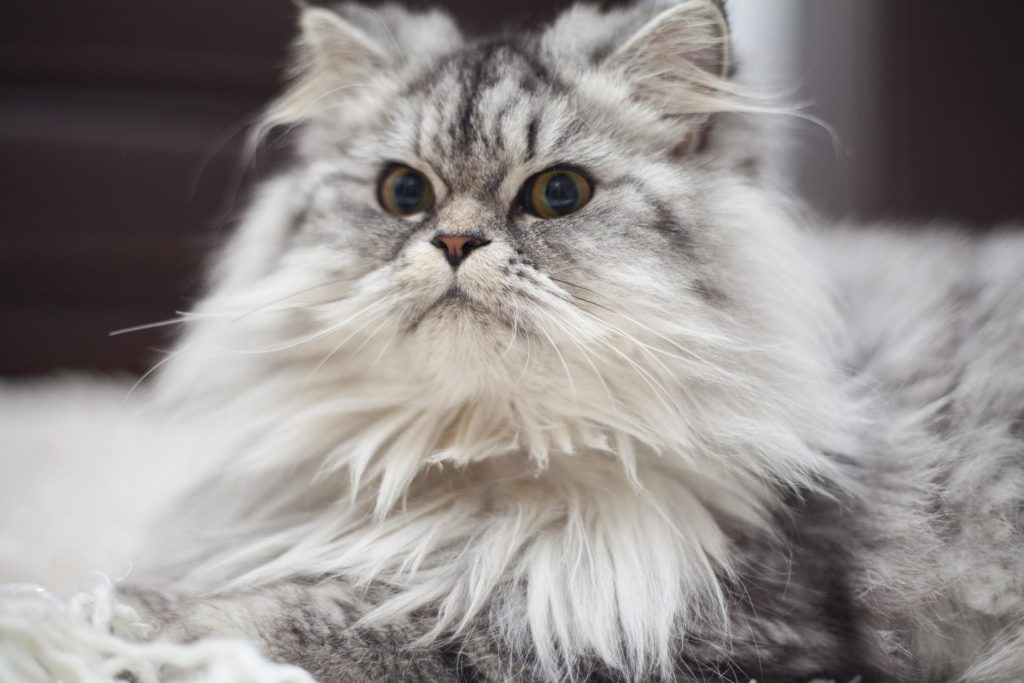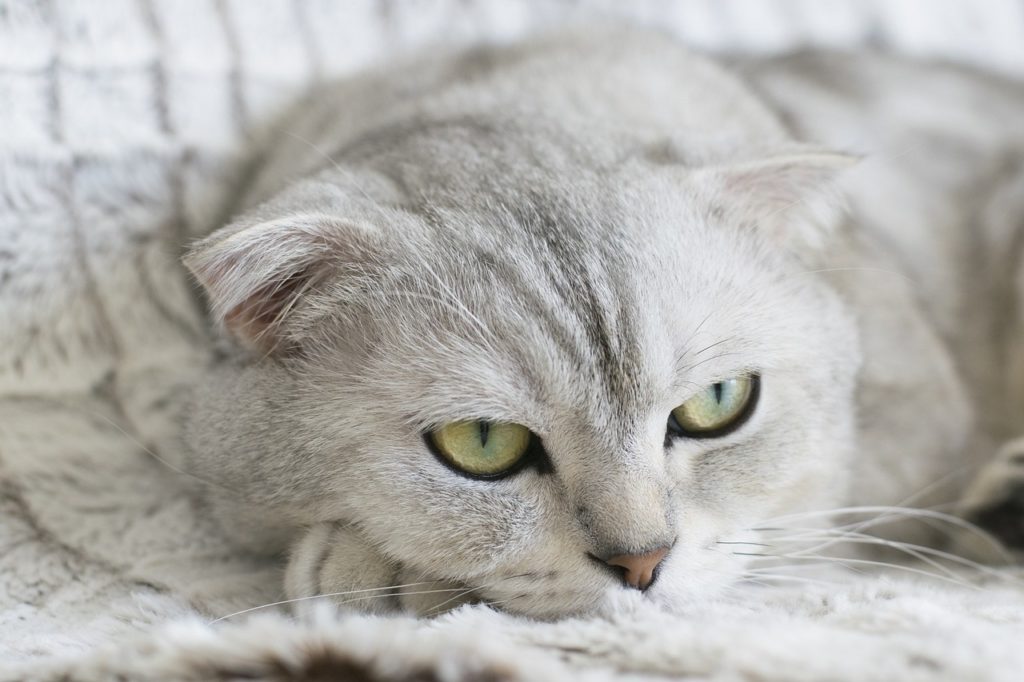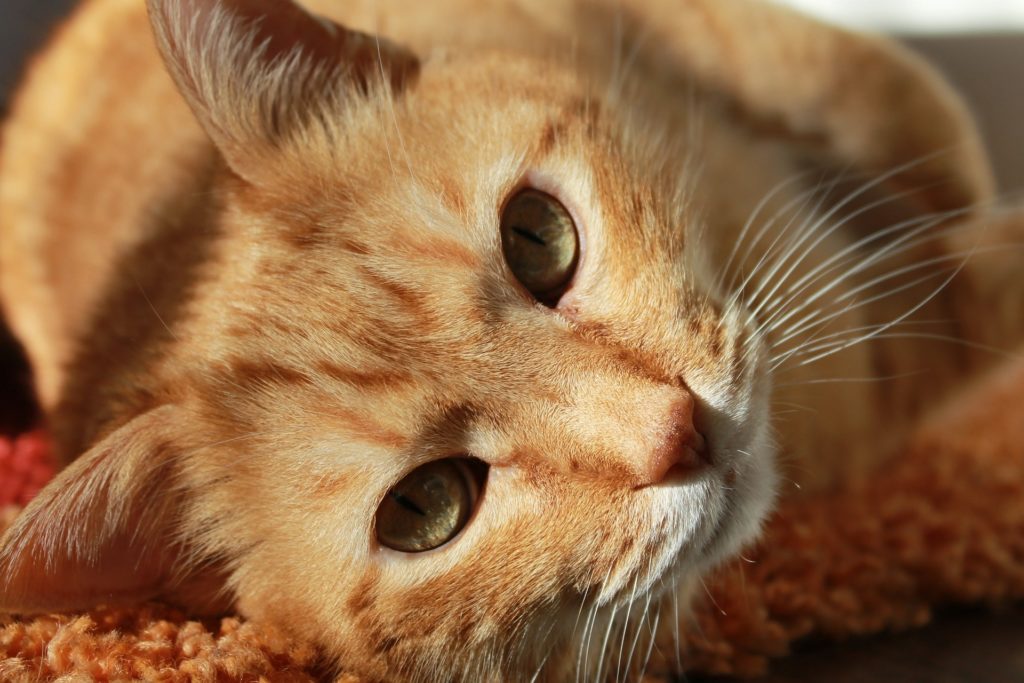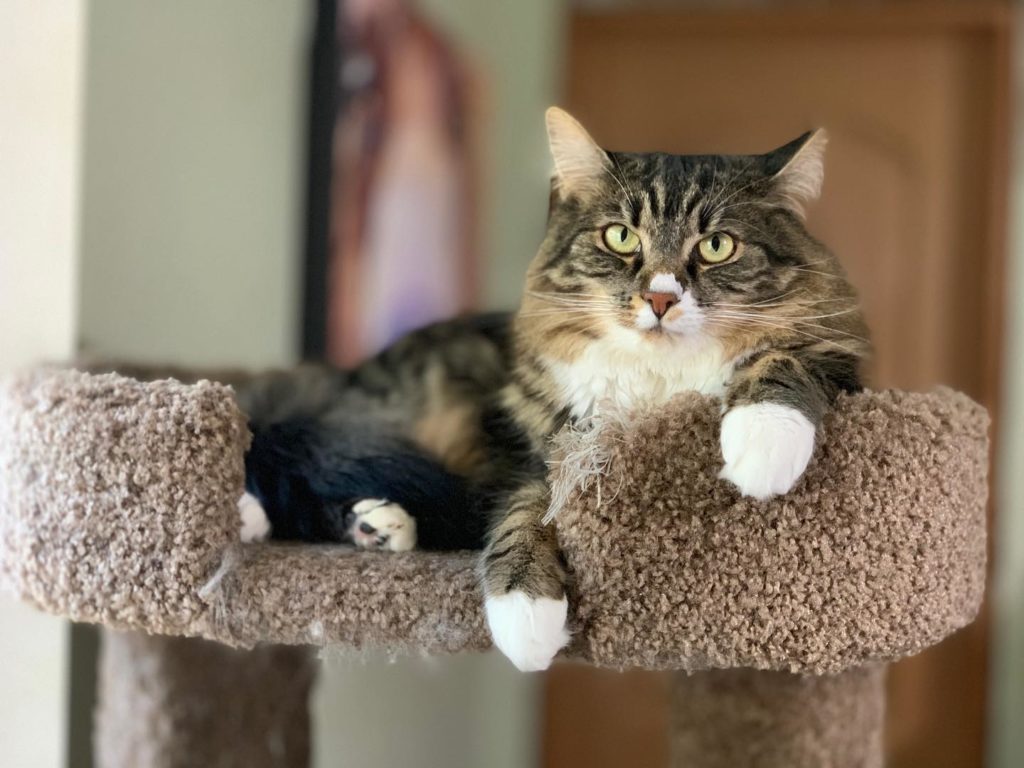It’s that time of year again: National Cat Lovers’ Month! And as always, we’re going to take this opportunity to tell you all about VetStem Cell Therapy for cats. While dogs and horses are most commonly treated for orthopedic conditions such as osteoarthritis or injured tendons and ligaments, cats more often than not receive VetStem Cell Therapy for other diseases.
Feline Renal Disease
Nearly 200 cats have received VetStem Cell Therapy for kidney disease. A common disease in cats, chronic kidney disease (CKD) is a frequent cause of sickness and death in cats. In fact, some reviews suggest that CKD may be the number one cause of sickness and death in older cats. Unfortunately, treatment options are limited and can be costly.
Based upon data from the numerous cats treated with VetStem Cell Therapy, we believe that stem cells may help improve the symptoms and quality of life in some cats with CKD. In fact, a review of a small number of feline patients treated with VetStem Cell Therapy showed that blood kidney values were slightly to moderately improved after treatment. More data is necessary however and we continue to research stem cell therapy for this disease as part of our clinical research department.
Gingivostomatitis
Another potentially debilitating condition is gingivostomatitis. This disease is characterized by chronic inflammation of the affected cat’s gums. It can be very painful and lead to inappetence, reduce grooming, and weight loss. Unfortunately, there is no cure for this disease. Common treatments include lifelong medical management with antibiotics, steroids, and pain medications and/or full mouth teeth extractions.
Current literature supports the notion that gingivostomatitis is an autoimmune disease. Mesenchymal stem cells have demonstrated the ability to migrate to areas of inflammation, down-regulate inflammation, modulate the immune system, and repair damaged tissue. Additionally, a recent clinical study demonstrated that intravenous administration of adipose (fat) derived stem cells could ameliorate the clinical signs of gingivostomatitis. While more research is needed, preliminary results suggest that VetStem Cell Therapy can improve the symptoms of some cats with gingivostomatitis.
Inflammatory Bowel Disease
Inflammatory Bowel Disease (IBD) is a gastrointestinal disease that can affect both cats and dogs. It is characterized by inflammation of the intestines and can cause vomiting, diarrhea, reduced appetite, and weight loss. It is important to note however, that these symptoms can be indicative of several conditions including feline lymphoma. Since VetStem Cell Therapy is contraindicated in pets with cancer, it is essential to rule this out before pursuing treatment with stem cells.
Multiple cats have received VetStem Cell Therapy for IBD (dogs too!). And we have had reports from veterinarians and owners regarding the improvement of their patients and pets after treatment with stem cells. As stated above, stem cells migrate to areas of inflammation, down-regulate inflammation, modulate the immune system, and repair damaged tissue, all of which can contribute to healing inflamed and diseased intestines. Additionally, in a recently published paper, 5 out of 7 IBD cats that were treated with stem cells significantly improved or had complete resolution of symptoms, whereas the 4 control cats had no improvement.
Orthopedic Conditions
Let’s not forget that cats can get arthritis too! Osteoarthritis (OA) in cats is a lot more common than you may think. It is estimated that 45% of all cats and 90% of cats over age 10 are affected by arthritis in some way. Unfortunately, cats can be masters at hiding their pain and thus, feline arthritis tends to go undiagnosed.
Though most of our osteoarthritis data is from dogs, cats have experienced similar results when treated with VetStem Cell Therapy. Stem cells may reduce pain and inflammation associated with osteoarthritis and may lead to the regeneration of damaged joint tissues. This can result in increased mobility and a better quality of life for your kitty.
So, there you have it: VetStem Cell Therapy for cats in a nutshell. It’s important to remember that kidney disease, gingivostomatitis, and inflammatory bowel disease are still in the investigational stages. And as with any medical treatment, not all cats will respond positively. That being said, if you think your cat may benefit from VetStem Cell Therapy, contact us to receive a list of VetStem providers in your area.
